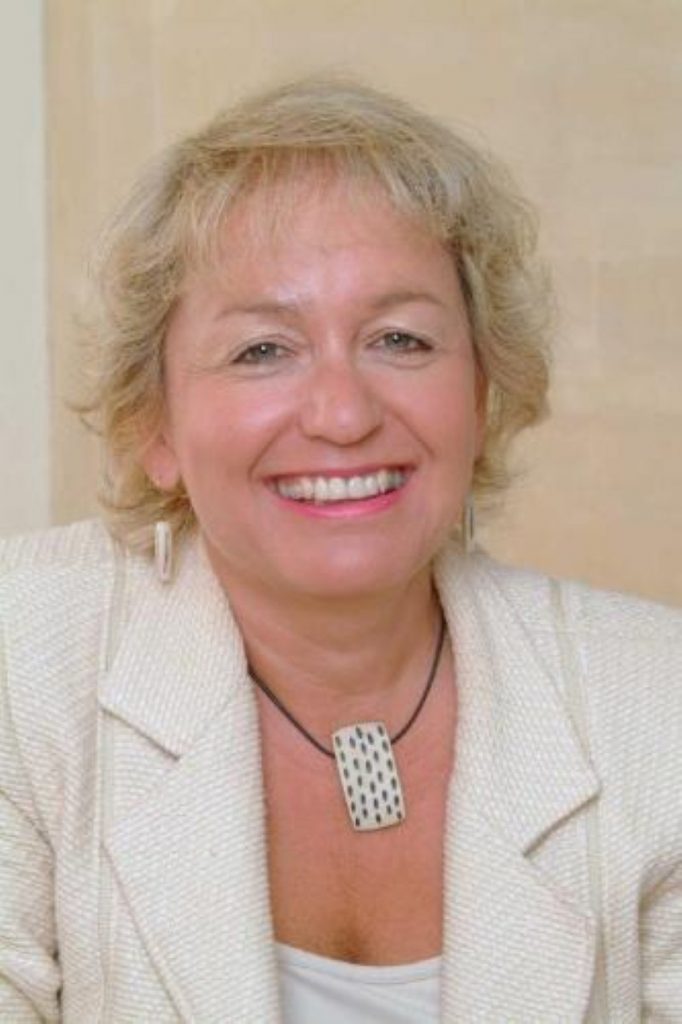No automatic ambulance for 999 calls
The Government has announced that from October ambulances will not automatically be dispatched to all 999 calls.
The shake-up in procedure comes as part of the transfer of power of emergency calls to local NHS organisations. They will have the power to decide how to respond to different types of calls.
Ministers are emphasising that all those who urgently require an ambulance will have one dispatched, but the change will allow medical professionals to determine urgency, rather than sending an ambulance for what turns out to be a cut finger.
Previous surveys have suggested that up to a third of 999 calls are unnecessary and for trivial problems such as tooth ache.


Health Minister Rosie Winterton said: “Primary care trusts and ambulance trusts will now be able to work with other local health organisations to agree how to deliver the best possible, clinically safe response for patients and how to measure local performance.
“This will help to ensure patients get a fast responsive service that meets their needs and that efficient use is made of ambulance technicians, paramedics and emergency care practitioner skills.”
The move was backed by the president of the Ambulance Service Association, Paul Phillips. He said: “We are delighted that member services will now be able to exercise greater discretion in responding to non life-threatening calls. This development will ensure the effective deployment of resources to patients requiring urgent medical intervention while extending the appropriate level of care for less urgent cases.”
Other measures designed to reduce the unnecessary call out of ambulances are being trailed around the country. They include patients being treated at home by medical staff to avoid admission to hospital and linkage with NHS Direct call centres so that advice can be given over the phone.
Commenting on the changes Liberal Democrat health spokesman Paul Burstow, said that whilst he supported the change “patient safety must remain paramount and there should be stringent safeguards in place to make sure that all patients receive the care they need in an emergency.”











